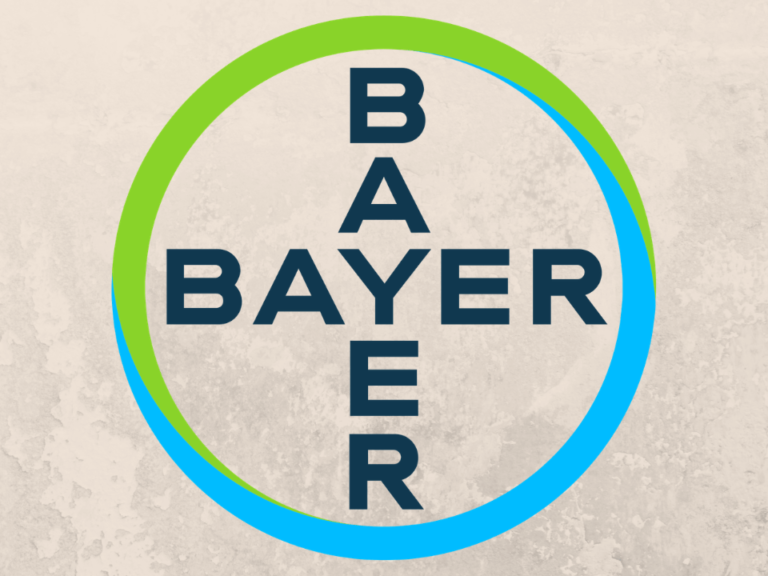The National Comprehensive Cancer Network included circulating tumor DNA testing in their Clinical Practice Guidelines in Oncology for diffuse large B-cell lymphoma. This marks the first-ever inclusion of ctDNA-MRD testing in these guidelines, representing a significant advancement in lymphoma patient care.
To access this subscriber-only content please log in or subscribe.
If your institution has a site license, log in with IP-login or register for a sponsored account.*
*Not all site licenses are enrolled in sponsored accounts.
Login Subscribe
If your institution has a site license, log in with IP-login or register for a sponsored account.*
*Not all site licenses are enrolled in sponsored accounts.
Login Subscribe







